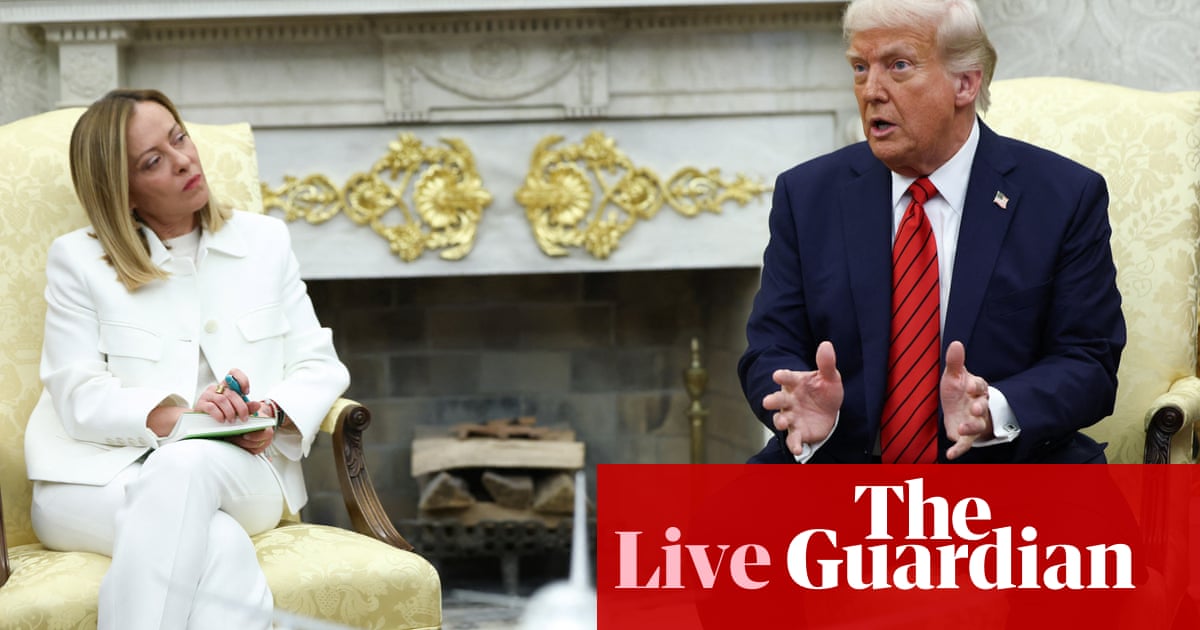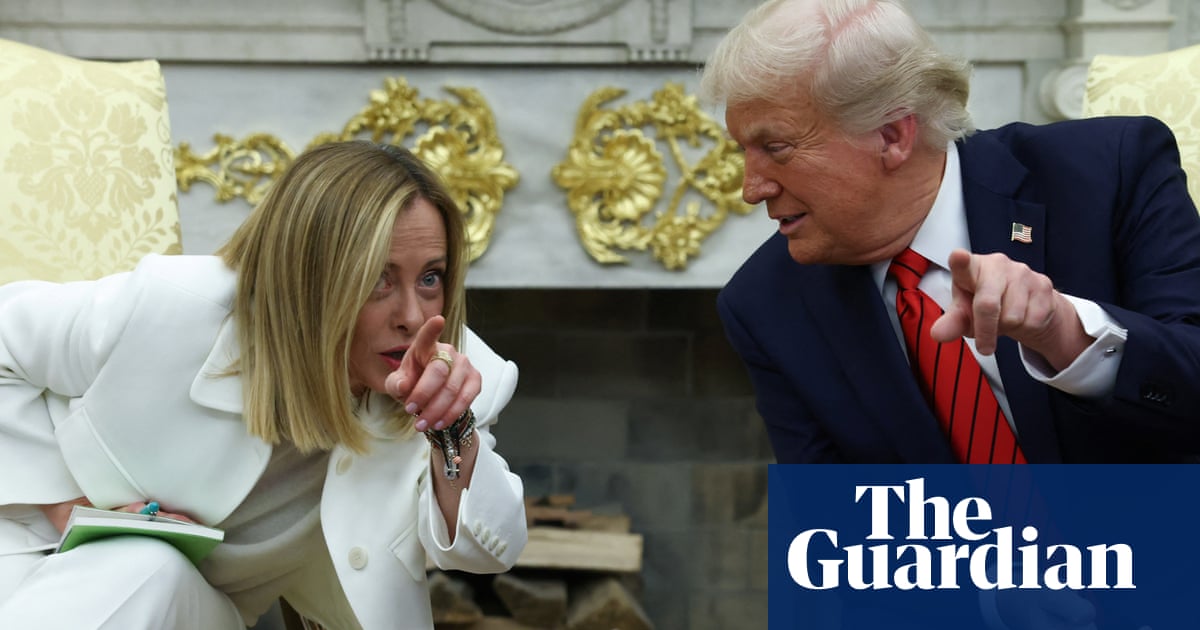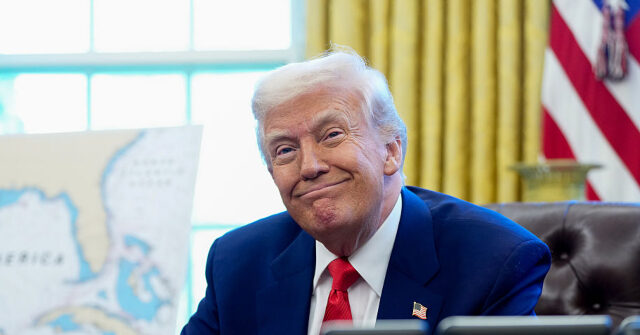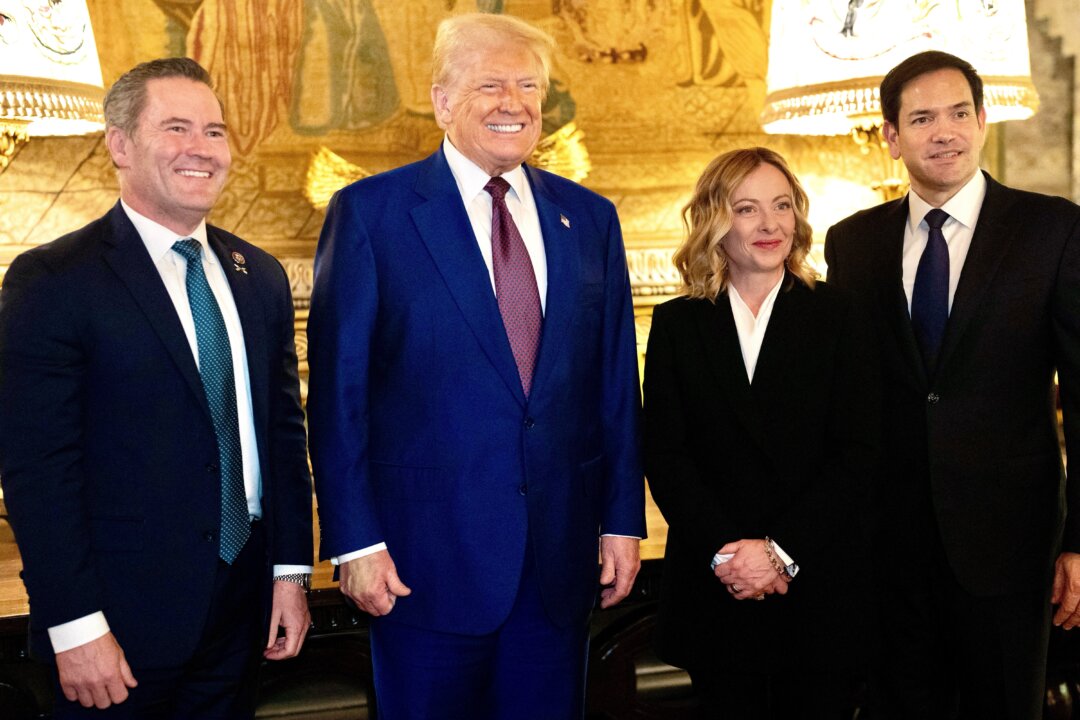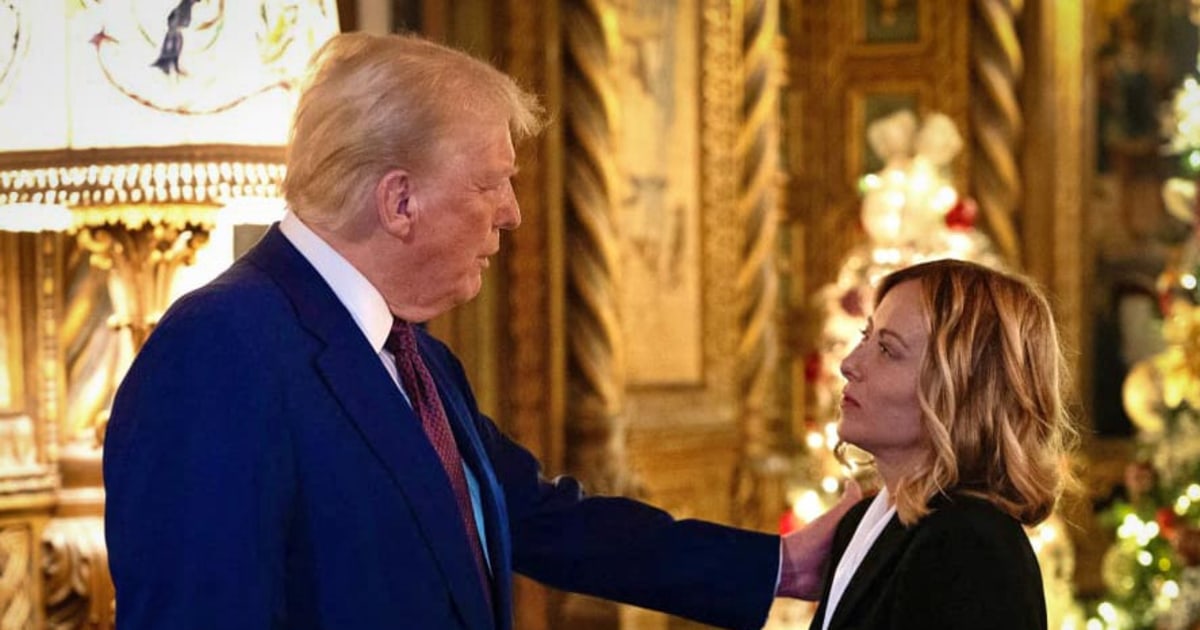Optimism Grows in EU-U.S. Trade Deal Amid Meloni's Meeting with Trump
Italian Prime Minister Giorgia Meloni and President Trump express optimism about a trade deal while addressing NATO spending and Italy's geopolitical role.
Overview
Italian Prime Minister Giorgia Meloni met with U.S. President Trump on April 17, 2025, aiming to bridge the trade gap between the EU and U.S. Trump expressed optimism about reaching a deal before the end of a 90-day pause on tariffs, emphasizing that fair agreements are essential. Meloni, representing the EU, discussed Italy's defense spending, pledging to meet NATO's 2% GDP target. The meeting builds on Meloni's previous criticism of tariffs while managing Italy's economic ties with the U.S. Amid ongoing scrutiny of U.S. trade policies, the summit raised concerns among EU allies about the trade and geopolitical implications.
Report issue

Read both sides in 5 minutes each day
Analysis
- Trump and Meloni discussed the need for a trade deal before the expiration of a 90-day tariff pause, with both leaders expressing optimism about reaching an agreement.
- Meloni is attempting to act as a bridge between the EU and US, emphasizing the importance of dialogue and seeking a balanced approach to negotiation.
- The two leaders are also addressing NATO spending, with Meloni announcing plans to increase Italy's defense spending to meet NATO's 2% of GDP target.
Articles (14)
Center (6)
FAQ
The leaders discussed the U.S.'s 10-20% tariffs on EU exports, Italy's $76 billion trade surplus with the U.S., and efforts to reach a zero-for-zero tariff deal to avoid escalation[2][3][4].
Meloni has cultivated a rapport with Trump based on shared ideological stances on immigration and LGBTQ issues, while coordinating closely with EU leaders like Ursula von der Leyen to present a united front on tariff negotiations[2][4].
Trump reiterated demands for NATO members to meet the 2% GDP defense spending target, with Italy currently at 1.49%[3][4].
Some European politicians expressed concern about bilateral negotiations undermining EU unity, while officials like Marc Ferracci emphasized that 'Europe is only strong if it is united'[2][4].
Italy risks significant losses in luxury fashion, food exports (cheese, wine), and machinery sectors due to its $76 billion annual exports to the U.S., which could be heavily impacted by sustained tariffs[3][4].
History
- 8M

 4 articles
4 articles
- 8M

 3 articles
3 articles
